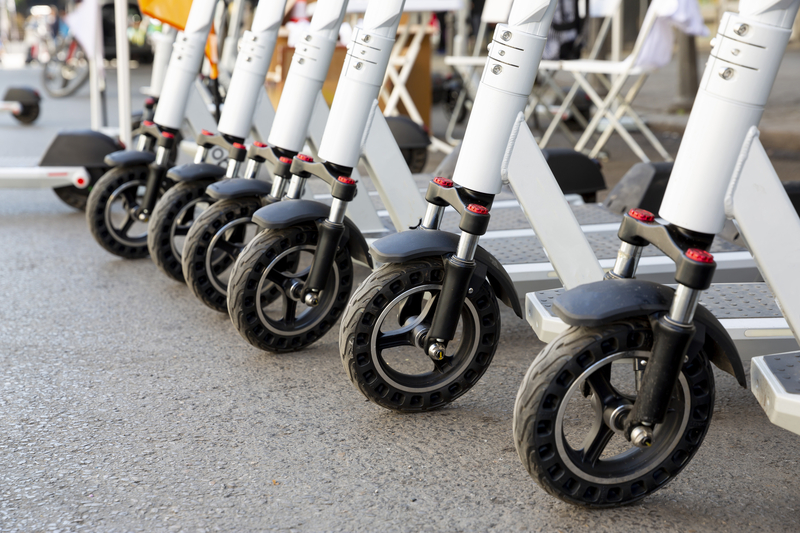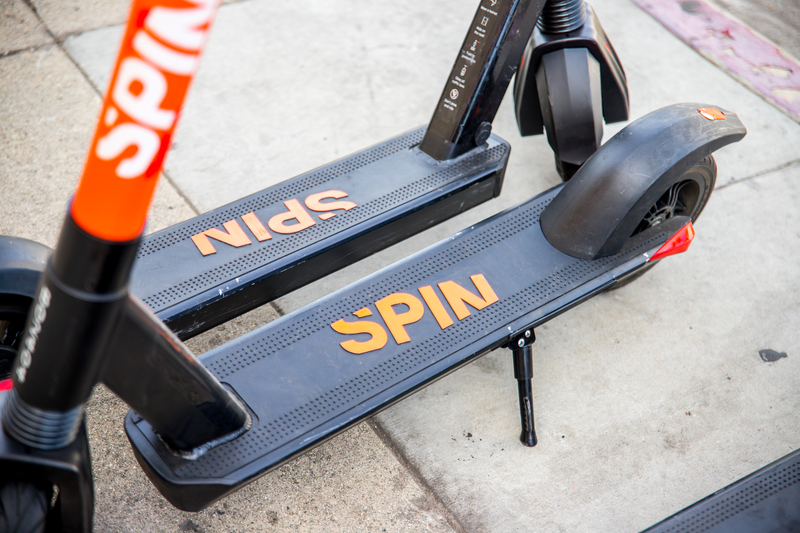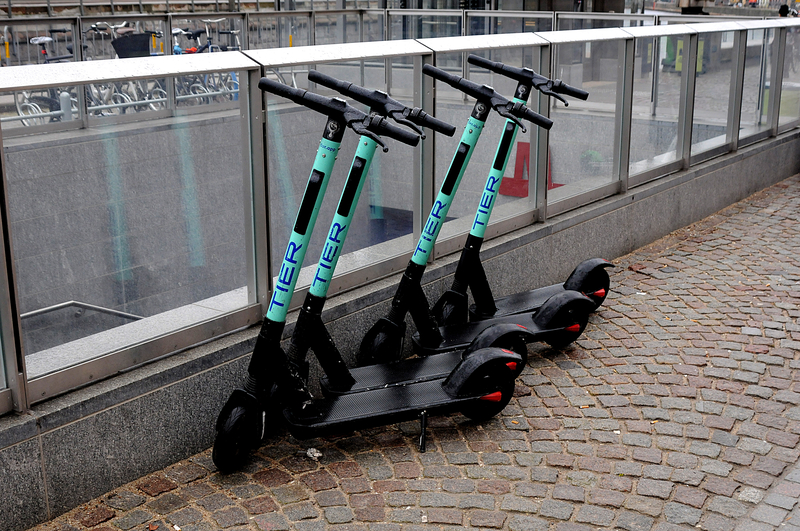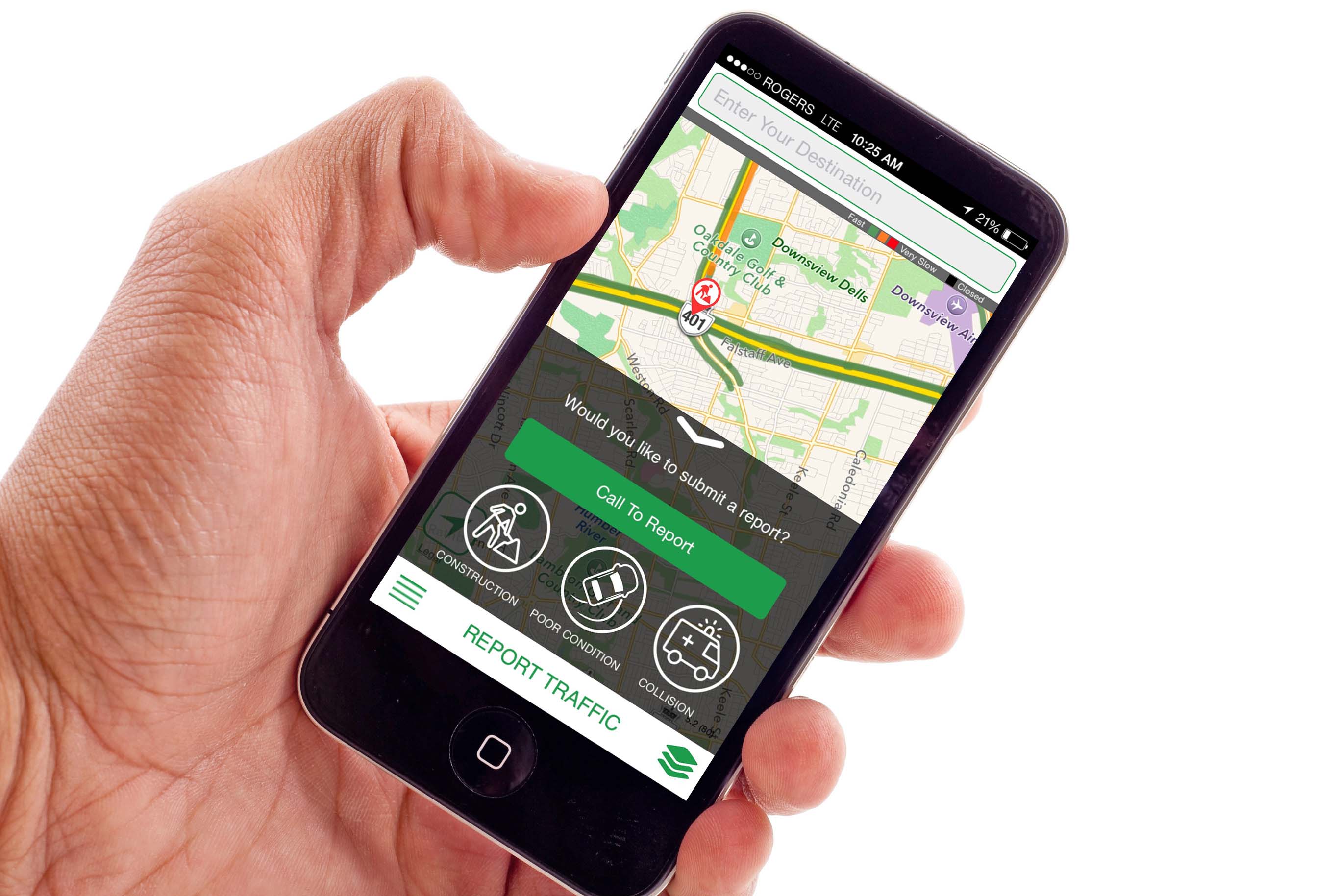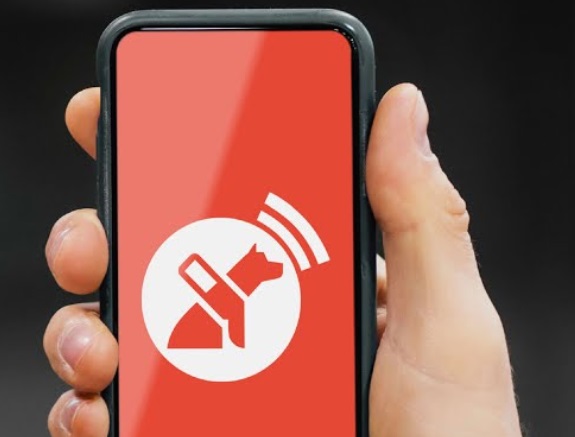
Alerts for parked Tier e-scooters have been added to the Lazarillo app for blind and partially sighted people in several European countries.
The app provides real-time audio messages and alerts as users navigate, allowing people with and without disabilities to access the places they need most safely and efficiently.
The companies say their collaboration aims to improve "the safety and fluidity of urban transfers for all road users, including those with vision problems".
They will begin a project later this year in Italy to predict how safe a route is for people with visual impairments, collecting data from different sources, including data about e-scooters as well as infrastructure and trip hazards, to rate routes and give them a safety score.
"The goal of our cooperation with Tier is safer mobility for everyone," says René Espinoza, founder and CEO of Lazarillo.
"By integrating mobility points, blind and visually impaired people will be able to get more information about their surroundings. This innovation has great potential to improve navigation throughout the city."
Tier says it will use "the entire location of the scooters in real time, as well as the real-time reports of the users to rate the safety level of each sidewalk".
This will allow Lazarillo to offer app users the safest routes to destinations, using multiple parameters based on user preferences and shared mobility locations, and the partners believe it could also be scaled to improve safety for people with reduced mobility and other types of disabilities, while moving through cities.
Saverio Galardi, general manager for Tier Italy, says the firm's e-scooters are usually located near transport hubs and in busy parts of the city.
"Strategic placement is possible in cooperation with the city based on suggestions from one party or the other," Galardi goes on.
"We are able to incorporate the data we receive thanks to our collaboration with Lazarillo into the decision-making about the location of our e-scooters. In this way, we will help people with visual impairments to create more predictable and comfortable living conditions in cities."



